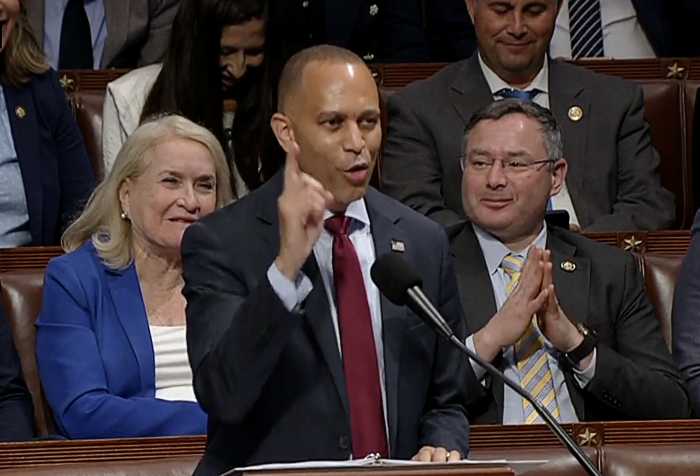Liu: Higher Rates Will Cost NYC $3B
While many were focusing on the nation teetering on the “fiscal cliff” last week, New Yorkers and other working people across the country were hit with a tax hike on New Year’s Day, as the payroll tax cut implemented back in 2011 expired without any action.
The tax break had dropped the Social Security tax withdrawn from the paychecks of almost every American from 6.2 percent to 4.2 percent. With the original rate reinstated as of Jan. 1, it is estimated that the average worker making $50,000 annually could see their salaries shrink by about $1,000 this year, or about $80 a month.
Locally, City Comptroller John Liu estimated that the two percent hike will affect 980,000 employees in Queens, costing a combined $800 million in revenue (an average of $816 per employee). Over 1.135 million workers in Brooklyn are expected to lose a combined $875 million in pay as a result of the increase (an average of $770 per working individual).
“We must properly fund Social Security, and unfortunately, the two percent increase in the Social Security payroll tax will cost four million hard-working New Yorkers, on average, more than $800 out of pocket this year, taking more than $3 billion out of the city’s income stream,” Liu said in a statement.
Those working on the books are charged three separate federal taxes every pay period: a regular income tax, a Medicare tax and a Social Security tax. The two-percent Social Security payroll tax reduction, which took effect in 2011, was part of a deal between Congress and the White House to extend the “Bush tax cuts” through the end of 2012.
Last week, Congress passed-and President Barack Obama signed-a deal to avoid the “fiscal cliff,” a series of automatic austerity measures that were to take effect on Jan. 1 of this year. One of the provisions in the fiscal cliff-a permanent end to the Bush tax cuts-was scrapped in the legislative deal in favor of preserving the cuts for individuals making less than $400,000 annually (or $450,000 for married couples).
The payroll tax cut, however, was not addressed in the final fiscal cliff deal, and thus expired as the clock struck midnight on Jan. 1. Though this is expected to bring hundreds of billions of dollars back to the cashstarved Social Security program, critics have charged that the increase would impact the purchasing power of families.


































